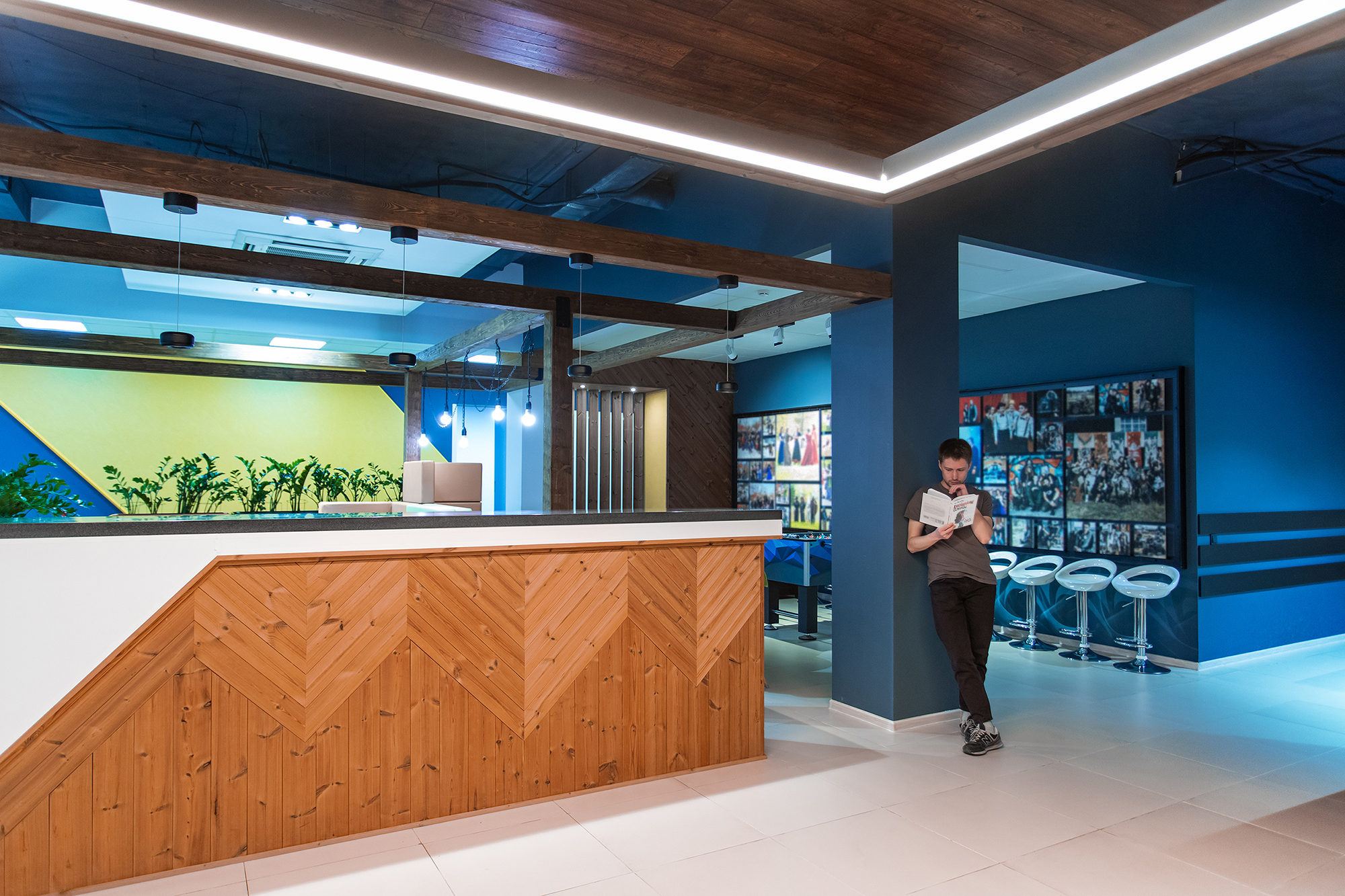
What we DO NOT do
Gamedev is a fairly young industry, and a monetization game designer is a rare specialty, so sometimes candidates and I don’t understand each other.
Often they think that they will deal with balance. But, as a rule, in large companies there is a clear distinction between game balance designers and monetization designers. These are two areas that work closely, but perform different tasks.
It happens that people think that their future specialization is narrative design. The cover letter tells how good they are in character creation, lore, and working with text in general. But the monetization designer is not involved in scriptwriting, copywriting or narrative.
It seems to some that the word “designer” refers to interior design and artistic skills. However, the monetization designer also does not need to own graphic editors and drawing tablets.

So who is a Game Monetization Designer?
This is a person whose main task is to maintain the user's interest in the project, to ensure that the user receives more positive emotions and remains in the game for as long as possible. To do this, you need to understand well what the player wants and offer him suitable game mechanics.
The monetization designer is primarily a marketer who studies demand and forms a proposal. That is, this is not a consultant from the store: "Hello. What to tell? ”Such a specialist understands the game, knows what the player is striving for, and helps him achieve what he wants.
The monetization designer should:
- have a technical mindset;
- to be very attentive;
- love games and strive to be effective in them.
You need to understand that the game designer most often plays not for the fan, but for the sake of obtaining references and ideas. Each company has its own tasks and priorities. Plarium Krasnodar, for example, specializes in mobile strategies, so if the candidate is fond of this genre, he is interested in crafting and in-game auctions.
Developing game mechanics does not mean making a new game. If you get a job in a large company, then you have to support the current project - a large, complex mechanism that has existed for a long time. In creating a feature, it is important not only to come up with something new, but also not to depreciate the old, and this, as a rule, translates into a large, meticulous and often routine work.

Where to begin?
As I said, a monetization designer is a rare specialist. But if you, reading the article, decided that you want to become one, then now you have a great opportunity . Recently, some studios (and ours too) have come to the conclusion that it’s easier to hire an intern without experience and to train it than to find a ready-made professional.
Trying to get an intern, you need to pay more attention to the application design. Quite often resumes do not fall into the hands of leaders because HR simply does not see any reason to show them. Agree: if it is written that the candidate has 5 years of experience as a car mechanic and nothing else, it’s hard to imagine how this person’s abilities can come in handy as a game designer. Another thing is if he simultaneously led the clan, was a guild recruiter, crafted a gear for sale or something like that.
In general, if you have not previously worked in a similar field, be sure to write a detailed cover letter to the resume. In it you can tell about your gaming experience, gaming achievements, the reasons why you want to get into the company, and the like. This is not so difficult, but it allows you to better understand the candidate.
The stories of our interns
Igor
I used to work in the restaurant business. Everything was good, there were prospects. But on the eve of the thirtieth anniversary, it became clear to me that for my work I would like to receive something more than a salary at the end of the month. I was always a gamer, so I decided to get into gamedev. He saved up money, quit his job and began to pursue a dream job.
Most of all I was interested in the positions of analyst and game designer. The calculation was arranged by the June for six months, but as a result, the search for work dragged on for a year and a half. All this time, I sent out several resumes a day, performed test tasks, and interned wherever I took them. He completed game design courses from RealTime School in Moscow and a basic analytics course from Devtodev.
When the invitation came from Plarium, I did not even believe what happened. Moving from St. Petersburg to Krasnodar was not easy, but I got the opportunity to work in an industry that I really like. As for the team, an atmosphere of openness immediately struck him. If you speak, then they listen to you. But everyone appreciates each other’s time: it is evident that colleagues are full of ideas, but before expressing something, they will think and calculate three times.
Denis
I fell in love with games for a very long time and went to study as a programmer just to make them. But fate is a villain: after university, I ended up in the most ordinary company, where I became a 1C programmer. This work eventually burned out, but the craving for games did not weaken. At some point, the desire to connect life with a game dev turned into a clear goal - to become a game designer.
He began to learn the profession from the very beginning. I sat in thematic groups, looking for test examples. He completed a course on game design at the Universarium. The latter was remembered by good practical tasks and an interesting verification system: we, the students, rechecked each other's work ourselves. I sent out fifty or even more resumes before I ended up at Plarium.
Gathering information about a potential employer, I always watched the company's releases. Sometimes it was so not mine that I had to play through power. And now I'm just glad that I got the opportunity to work on a real hardcore game.